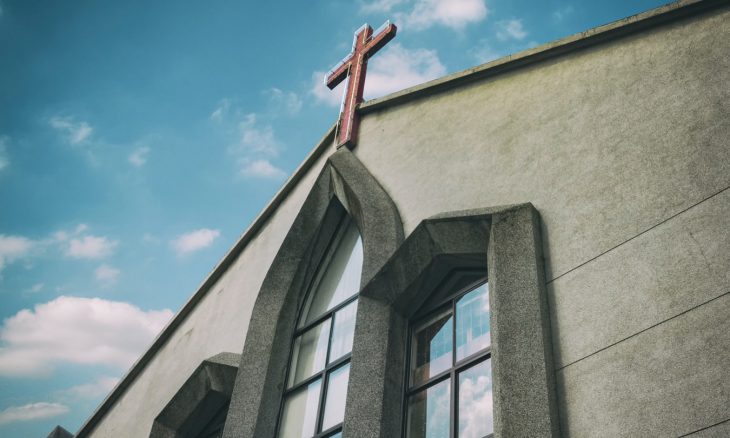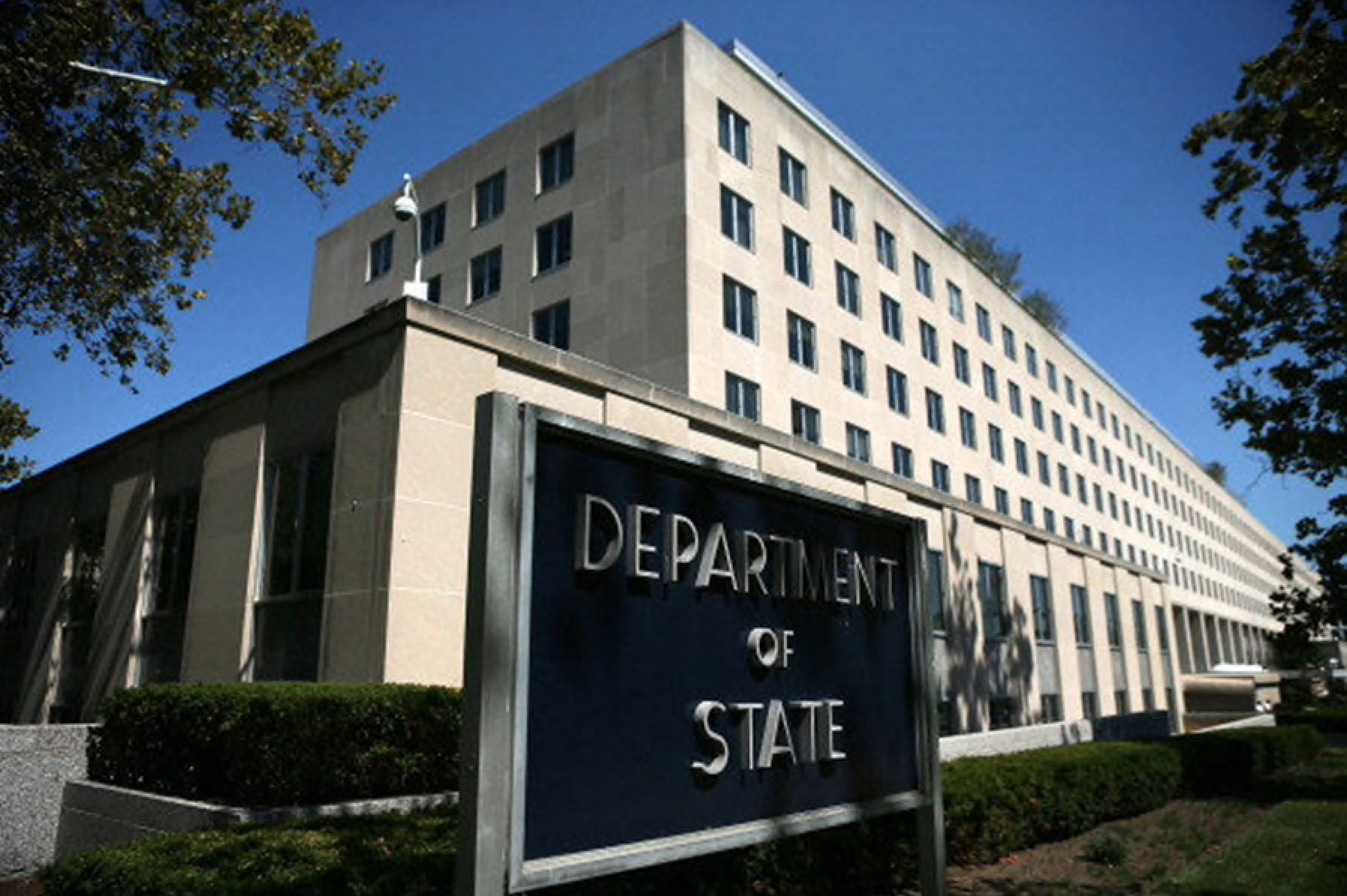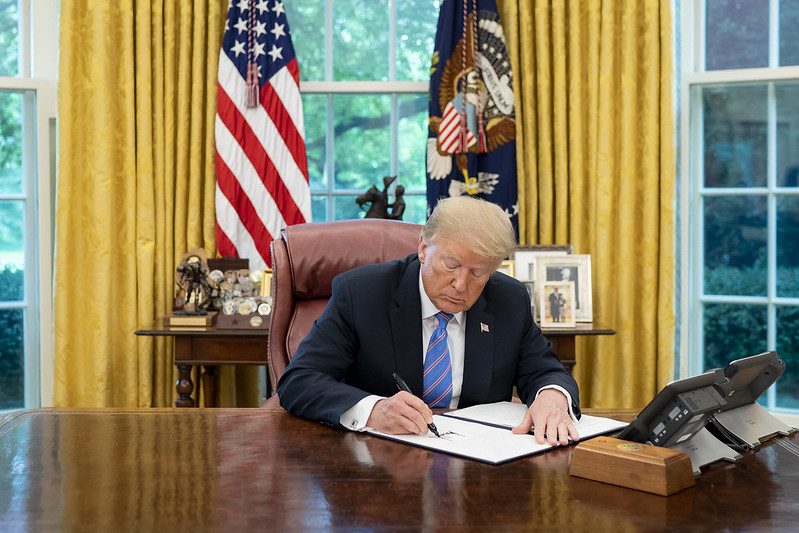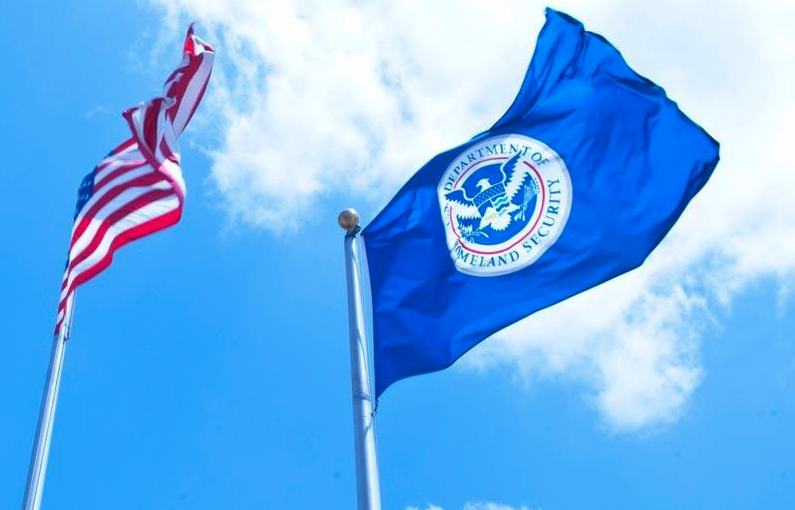Labor experts closely watching the outcome.
The Supreme Court heard the first set of arguments in Groff v. DeJoy this week, exploring the extent to which religious accommodations should be made in the workplace. A former mail carrier, Gerald Groff, refused to work Sunday shifts with the U.S. Postal Service (USPS) in order to observe the Lord’s Day. Groff ultimately resigned over the issue and then sued U.S. Postmaster General Louis DeJoy, claiming the Post Office engaged in religious discrimination.
“The whole point of religious accommodation is you have to make special or favored arrangements in order to have an inclusive workforce,” said Alan Reinach, one of Groff’s attorneys. Goff himself stated that people“ shouldn’t have to choose between their job and their faith.”
Goff has based his case on the prohibition of religious discrimination by employers in Title VII of the Civil Rights Act of 1964. In it, employees are to be given religious accommodation unless it would cause “undue hardship” to the business.
As the Lord Leads, Pray with Us…
- For the justices as they consider the right to the free exercise of religion under the Constitution and Bill of Rights.
- That federal agencies and companies would make accommodations for a day of rest and to observe the Sabbath.
Sources: Reuters, AP









